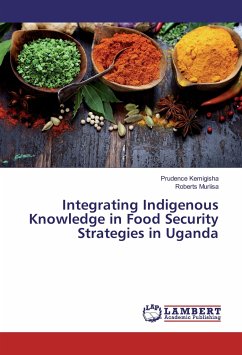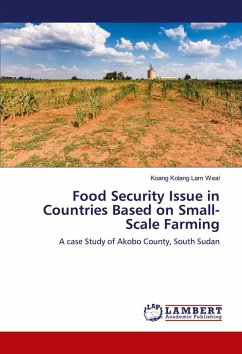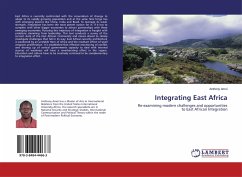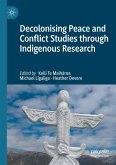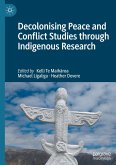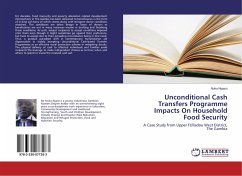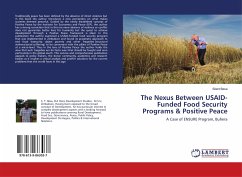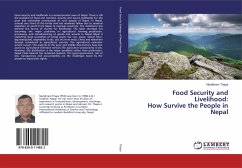Lack of sustainable food security policies in Uganda is increasingly affecting food availability as population increase and land shortage continue to occur. Indigenous knowledge regarding food security is slowly but steadily dying out. The modern generation has been corrupted by the new and modern farming and storage methods, which in most cases have failed to apply in rural areas due to their high costs and limited sustainability. As a result, most rural households continue to become food insecure despite their continuous cultivation on their plots of land season after season.This book brings out arguments on whether the integration of indigenous knowledge in local government food security strategies in Uganda can solve the food insecurity situation in the country. The research was conducted from Bumbaire Sub-county, Bushenyi District, Uganda.
Bitte wählen Sie Ihr Anliegen aus.
Rechnungen
Retourenschein anfordern
Bestellstatus
Storno

